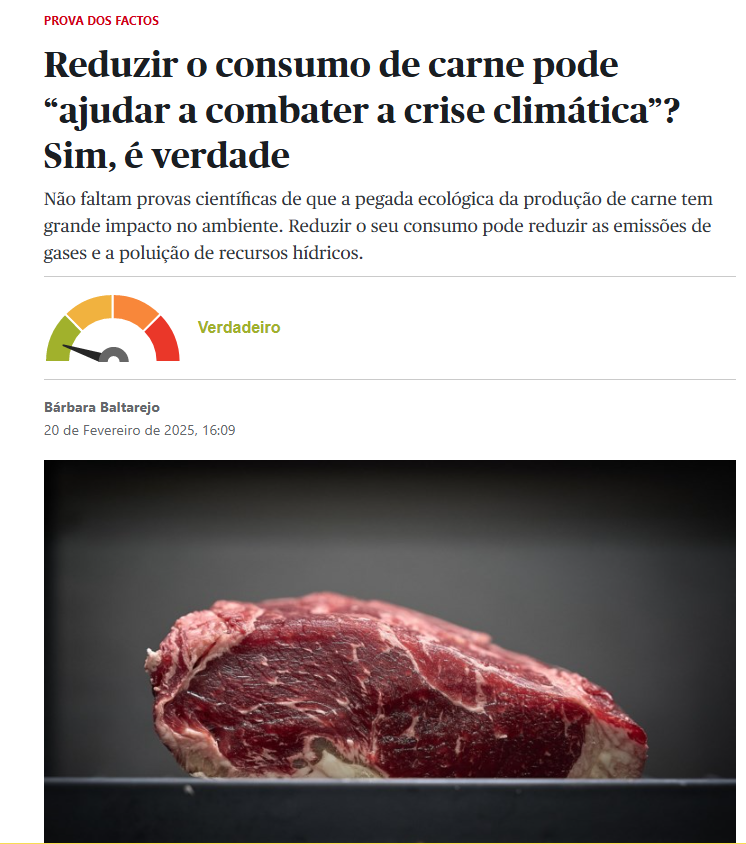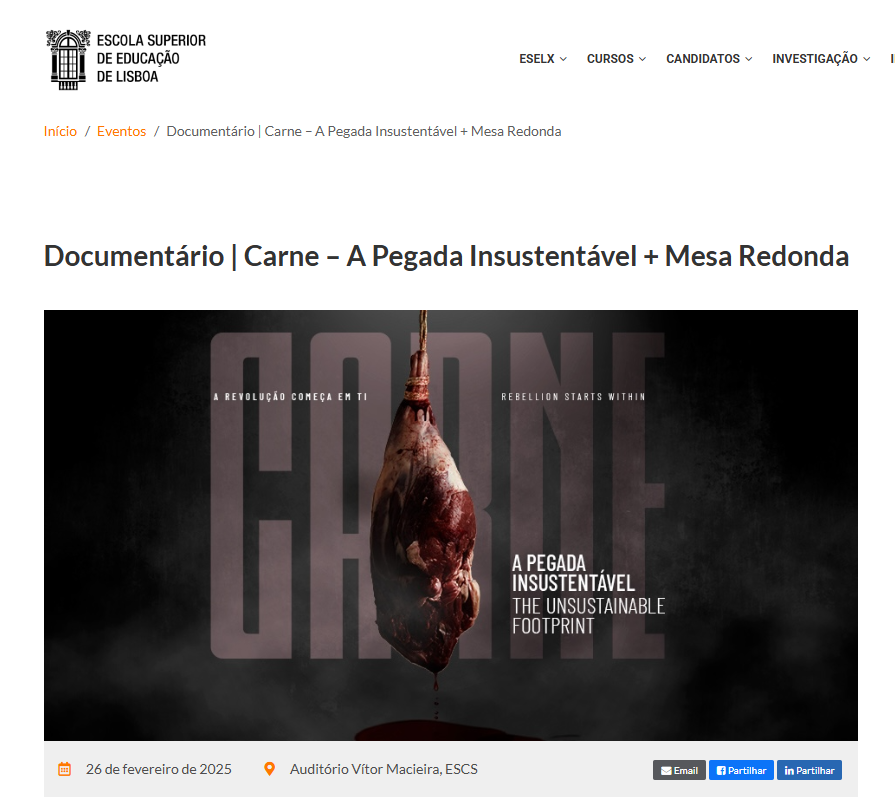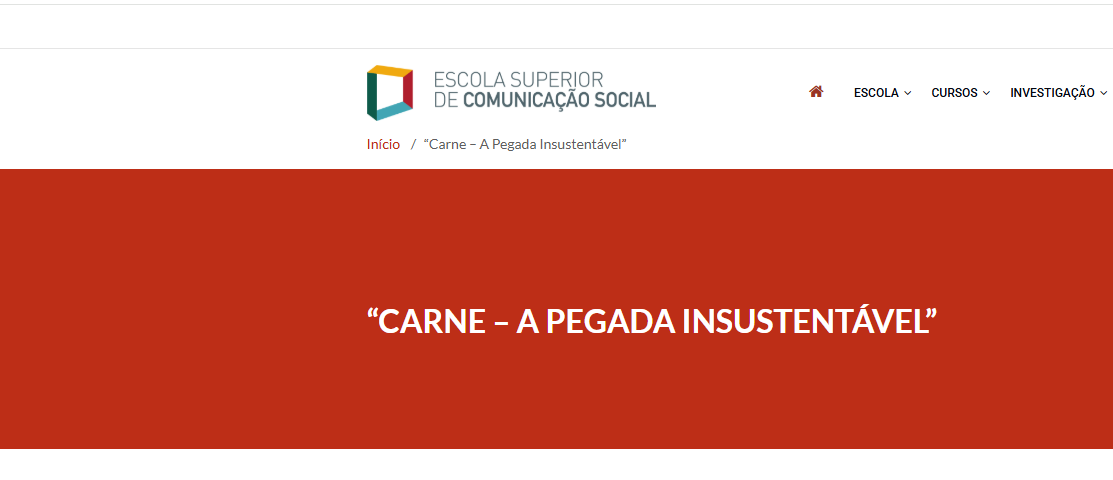
Euractiv: 'MEPs demand action over cattle stranded at sea in diplomatic limbo’
European lawmakers are urging authorities to take action over the thousands of cattle currently stranded at sea in “diplomatic limbo” in order to spare the animals any additional and unnecessary suffering.
Urgent action must be taken to rescue more than 1,700 cattle which have been stranded on a vessel in the Mediterranean sea for close to three months, MEP Anja Hazekamp, president of the European Parliament’s animal welfare intergroup, wrote in a letter.
“The Spanish competent authorities have a clear legal and moral obligation to rapidly find solutions to safeguard the welfare of the bovines,” reads the letter sent on Wednesday (10 March) to Spanish and Greek ministers.
Hazekamp demanded the immediate return of the vessels to a Spanish port equipped to receive live animals.
Initially bound for Libya, two livestock cargos were initially rejected permission to dock over fears of suspected bluetongue disease cases, and have since been stuck in “diplomatic limbo” around the Mediterranean sea in search of a place to dock.
One of the vessels managed to dock in Spain, where all 864 animals were unloaded and killed. Now campaigners warn that the same fate could await the other vessel, which is thought to be carrying up to 1,700 animals and, despite reaching several ports in Greece, has yet to dock.
“Over the past three months, the animals have never been inspected by a veterinarian, and we are deeply worried about their condition as well as for the well-being of the vessel’s operators,” the letter reads.
The animals’ plight has hit headlines globally in recent weeks, with animal welfare campaigners condemning the conditions that the animals are being subjected to. Despite the uproar in response to the situation, no solution has yet been found for the animals.
Last month, a group of EU Parliamentarians, members of the European Parliament’s committee of inquiry on the protection of animals during transport (ANIT), wrote a letter to EU Commissioner for Health and Food Safety Stella Kyriakides calling for an end to live exports.
“We reaffirm our conviction that the EU must stop sending live exports of animals to third countries,” the letter reads.
The European Commission has intervened several times as this crisis has escalated, with Comissioner Kyriakides having personally reached out to the Greek authorities, an EU spokesperson confirmed.
The Commission has sought to ensure that the welfare of the animals on board is maintained and has reminded member state authorities of their obligations under EU law, the spokesperson added.
Green MEP Francisco Guerreiro told EURACTIV that the lives of these animals have “completely been played around with.”
The animals’ plight was also due at least in part to the fact that EU legislation does not yet recognise that “the welfare of animals can never be safeguarded on board of a vessel, as veterinarians have pointed out during ANIT [meetings]”, he added.
“The Commission needs to investigate what happened and who is responsible so as to apply sanctions,” Guerreiro said, warning that if it does not the EU’s claim of having some of the world’s highest standards for animal welfare will begin to sound “absurd”.
Animal welfare groups had even harsher condemnation.
Reineke Hameleers, CEO of the Eurogroup for Animals, stressed that this live transport crisis has affected a “staggering” number of animals, which she said have been treated like a “commodity rather than sentient beings”.
“We reaffirm our call to end live export,” she said, adding that the group advocated shifting to trading only with meat, carcasses and genetic material.
Each year, as many as 1.37 billion animals are transported alive within the EU and to Third Countries, most of them for slaughter.
The live transport of animals, especially over long distances, is a bone of contention within the EU, with campaigners calling for an end to the practice on the basis of animal welfare. Industry and farming stakeholders meanwhile warn that the issue is complex.
“Generally speaking, we believe that the existing regulations about animal transport should be upheld; the practice should not be judged on some examples of bad practice spread by NGOs when strict rules exist and are applied in the vast majority of cases,” the European Livestock Voice (ELV) told EURACTIV back in December.
Vê a notícia aqui











Público: 'Prova dos factos'
Quinta-feira, 20 de Fevereiro de 2025
LER MAIS